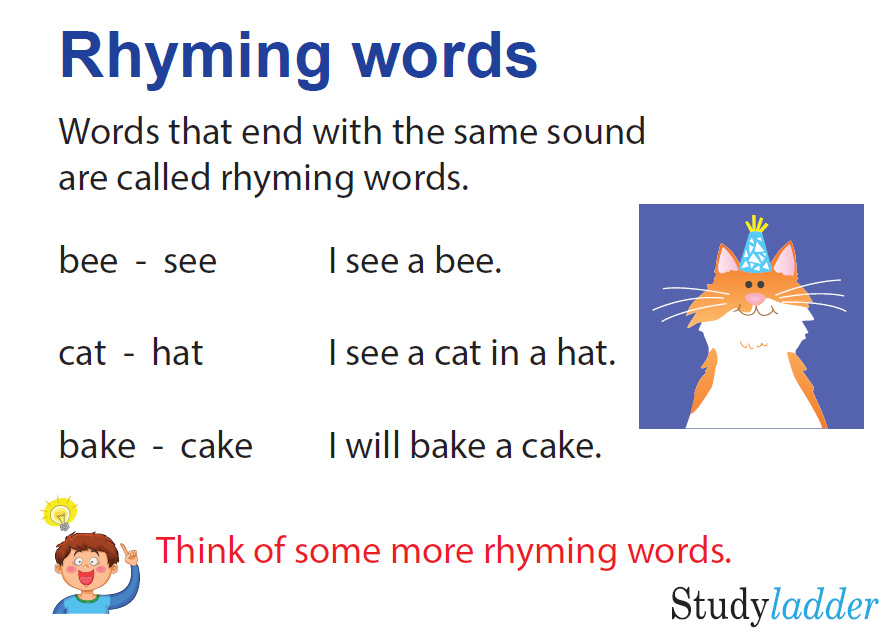Top rhymes for songwriters
These rhymes are specially chosen by our unique songwriting rhyming dictionary to give you the best songwriting rhymes.
To see our full selection of genre-specific rhymes, triggers that get your creativity flowing, and next line suggestions from our incredible A. I. assistant, sign up to Chorus today.
Near rhymes work great for songwriting, often giving a more interesting feel than perfect rhymes.
Want to know what rhymes with while?
If you’re a songwriter, a quick search online will throw up thousands of different words and expressions that rhyme
In fact, people have been publishing rhyming dictionaries for more than a hundred years
But are these the best rhymes for songwriters? I don’t know about you, but if I’m going to choose between “thieve” and “breach” (which do not rhyme), I’ll always choose “thieve”
Why? Well, we as songwriters are looking for singable words that sound good together in songs
The main factor we look at is how they sound when we say them or sing them, rather than just looking at how they look on a page — and this is what sets us apart from other types of writers
That's what we've done with Chorus!
This is just a sample of the creative tools you can find in the full version of Chorus.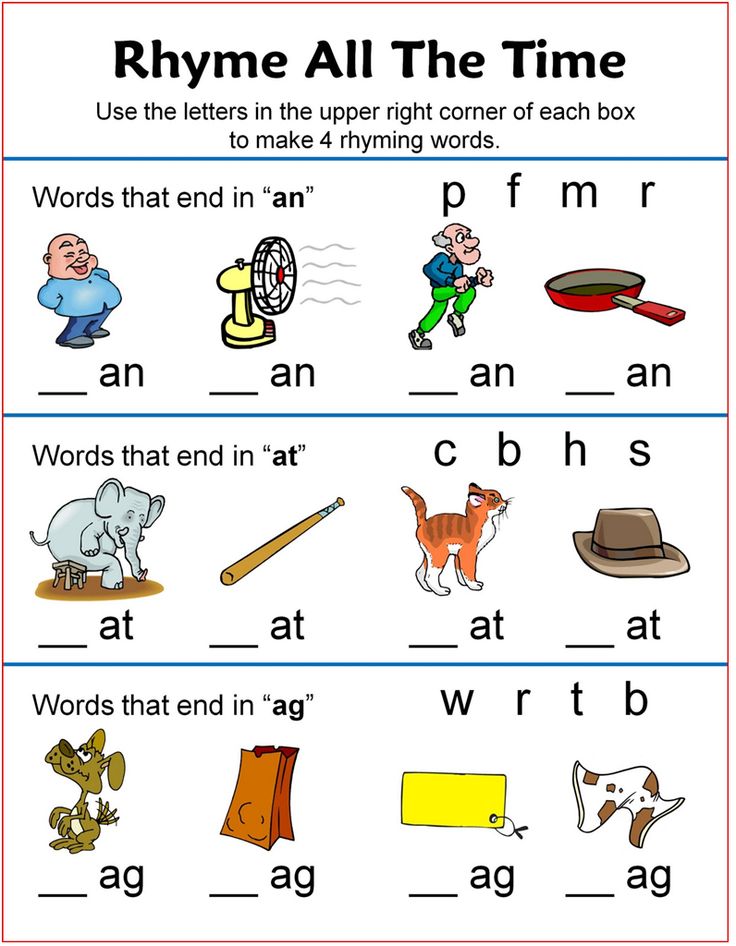 The full version has more writing styles, more ways to edit your work, and more fun for creative writers!
The full version has more writing styles, more ways to edit your work, and more fun for creative writers!
To see our full selection of genre-specific rhymes, triggers that get your creativity flowing, and next line suggestions from our incredible A.I. assistant, sign up to Chorus today.
Create your songbook
| Word | Pronunciation | Score ? | ||
|---|---|---|---|---|
| 1 | worthwhile | werr_thwah_il | 2813 | Definition |
| 2 | awhile | uhwah_il | 2813 | Definition |
| 3 | wile | wah_il | 2813 | Definition |
| 4 | whiles | wah_il_z | 2813 | Definition |
| 5 | wild | wah_il_d | 2813 | Definition |
| 6 | whilst | wah_il_s_t | 2813 | Definition |
| 7 | myles | mah_il_z | 2668 | Definition |
| 8 | smile | s_mah_il | 2668 | Definition |
| 9 | vial | vah_il | 2668 | Definition |
| 10 | mild | mah_il_d | 2668 | Definition |
| 11 | mile | mah_il | 2668 | Definition |
| 12 | miles | mah_il_z | 2668 | Definition |
| 13 | vile | vah_il | 2668 | Definition |
| 14 | bile | bah_il | 2668 | Definition |
| 15 | revile | rivah_il | 2668 | Definition |
| 16 | trial | t_rah_il | 2644 | Definition |
| 17 | tile | tah_il | 2644 | Definition |
| 18 | style | s_tah_il | 2644 | Definition |
| 19 | childe | chah_il_d | 2644 | Definition |
| 20 | stile | s_tah_il | 2644 | Definition |
| 21 | spile | s_pah_il | 2644 | Definition |
| 22 | tiled | tah_il_d | 2644 | Definition |
| 23 | kyle | kah_il | 2644 | Definition |
| 24 | child | chah_il_d | 2644 | Definition |
| 25 | heil | hah_il | 2644 | Definition |
| 26 | erstwhile | uhr_s_twah_il | 2633 | Definition |
| 27 | meanwhile | meenwah_il | 2633 | Definition |
| 28 | bewail | biwe_il | 2619 | Definition |
| 29 | swale | s_we_il | 2619 | Definition |
| 30 | wale | we_il | 2619 | Definition |
| 31 | whale | we_il | 2619 | Definition |
| 32 | wail | we_il | 2619 | Definition |
| 33 | quail | k_we_il | 2619 | Definition |
| 34 | yale | ye_il | 2609 | Definition |
| 35 | decompile | deekuhmpah_il | 2605 | Definition |
| 36 | nile | nah_il | 2605 | Definition |
| 37 | rile | rah_il | 2605 | Definition |
| 38 | pile | pah_il | 2605 | Definition |
| 39 | piled | pah_il_d | 2605 | Definition |
| 40 | ryle | rah_il | 2605 | Definition |
| 41 | compile | kuhmpah_il | 2605 | Definition |
| 42 | defile | difah_il | 2605 | Definition |
| 43 | beguile | bigah_il | 2605 | Definition |
| 44 | file | fah_il | 2605 | Definition |
| 45 | guile | gah_il | 2605 | Definition |
| 46 | giles | jah_il_z | 2605 | Definition |
| 47 | lyle | lah_il | 2605 | Definition |
| 48 | lisle | lah_il | 2605 | Definition |
| 49 | carlisle | karrlah_il | 2605 | Definition |
| 50 | carlyle | karrlah_il | 2605 | Definition |
| 51 | pyle | pah_il | 2605 | Definition |
| 52 | isle | ah_il | 2599 | Definition |
| 53 | aisle | ah_il | 2599 | Definition |
| 54 | stabile | s_te_ibah_il | 2488 | Definition |
| 55 | chamomile | kaamuhmah_il | 2488 | Definition |
| 56 | camomile | kaamuhmah_il | 2488 | Definition |
| 57 | nubile | n_yuubah_il | 2488 | Definition |
| 58 | labile | le_ibah_il | 2488 | Definition |
| 59 | mobile | muh_uubah_il | 2488 | Definition |
| 60 | servile | serrvah_il | 2488 | Definition |
| 61 | veiled | ve_il_d | 2474 | Definition |
| 62 | veil | ve_il | 2474 | Definition |
| 63 | vale | ve_il | 2474 | Definition |
| 64 | vail | ve_il | 2474 | Definition |
| 65 | male | me_il | 2474 | Definition |
| 66 | mailed | me_il_d | 2474 | Definition |
| 67 | me_il | 2474 | Definition | |
| 68 | prevail | p_rive_il | 2474 | Definition |
| 69 | travail | t_ruhve_il | 2474 | Definition |
| 70 | avail | uhve_il | 2474 | Definition |
| 71 | bail | be_il | 2474 | Definition |
| 72 | braille | b_re_il | 2474 | Definition |
| 73 | infertile | inferrtah_il | 2464 | Definition |
| 74 | insectile | insektah_il | 2464 | Definition |
| 75 | interfertile | intuhrferrtah_il | 2464 | Definition |
| 76 | turnstile | terr_ns_tah_il | 2464 | Definition |
| 77 | lifestyle | lah_ifs_tah_il | 2464 | Definition |
| 78 | volatile | voluhtah_il | 2464 | Definition |
| 79 | tactile | taaktah_il | 2464 | Definition |
| 80 | versatile | verrsuhtah_il | 2464 | Definition |
| 81 | textile | teks_tah_il | 2464 | Definition |
| 82 | prehensile | p_reehensah_il | 2464 | Definition |
| 83 | quantile | k_wontah_il | 2464 | Definition |
| 84 | quartile | k_wawrtah_il | 2464 | Definition |
| 85 | quintile | k_wintah_il | 2464 | Definition |
| 86 | reconcile | rekuhnsah_il | 2464 | Definition |
| 87 | reptile | reptah_il | 2464 | Definition |
| 88 | retractile | rit_raaktah_il | 2464 | Definition |
| 89 | peristyle | peris_tah_il | 2464 | Definition |
| 90 | percentile | puhrsentah_il | 2464 | Definition |
| 91 | rothschild | roth_schah_il_d | 2464 | Definition |
| 92 | pantile | paantah_il | 2464 | Definition |
| 93 | schoolchild | s_kuulchah_il_d | 2464 | Definition |
| 94 | stepchild | s_tepchah_il_d | 2464 | Definition |
| 95 | missile | misah_il | 2464 | Definition |
| 96 | methyl | meethah_il | 2464 | Definition |
| 97 | mercantile | merrkuhntah_il | 2464 | Definition |
| 98 | tensile | tensah_il | 2464 | Definition |
| 99 | projectile | p_ruhjektah_il | 2464 | Definition |
What is B-Rhymes?
B-Rhymes is a rhyming dictionary that's not stuck up about what does and doesn't rhyme.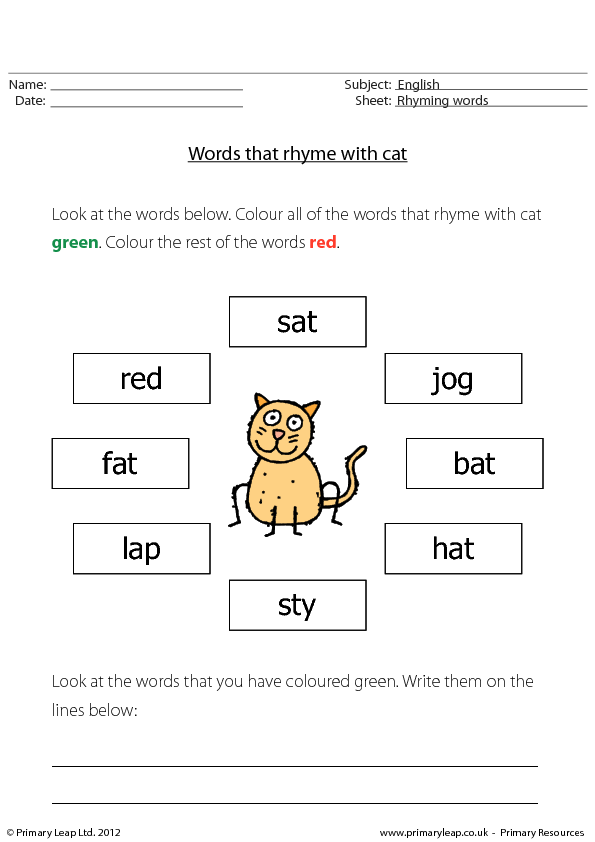 As well as regular rhymes, it gives you words that sound good together even though they don't technically rhyme.
As well as regular rhymes, it gives you words that sound good together even though they don't technically rhyme.
Good day.
Having finished writing another Bash script, I realized that everything should be completely different, but everything worked. I want to show you what indecencies and crutches I wrote in order to solve the problem, but so far without having a wagon of knowledge. In other words, a caricature of programming.
Something was needed that would:
For what? Well, here it is - and that's it.
Who does not know, a square rhyme (colloquially - a square) - two words that have the last two letters in spelling the same, which (often, only this) makes them a rhyme. For example, roses are frosts; tire is a car. The use of squares in modern versification is not particularly approved by people, due to their primitiveness.
For example, roses are frosts; tire is a car. The use of squares in modern versification is not particularly approved by people, due to their primitiveness.
It seemed to me that the easiest solution was to write a Bash script that uses an already existing rhyme generator - HOST, which first of all selects them by consonance, and not by spelling. What is HOST? Because if you specify the real name of the site, they will say that it is advertising. Why not keep using it? Firstly, despite his advantage of selecting rhymes according to consonances, he still often gives out squares. Secondly, you still have to think with your brains, spend time switching between tabs, energy memorizing repeated words in lists to find a rhyme for two words.
What do I know? I know about the utility wget , which downloads a page from a specified URL. Well, we execute the request - we get the HTML page in the file, which is named the word for rhyme.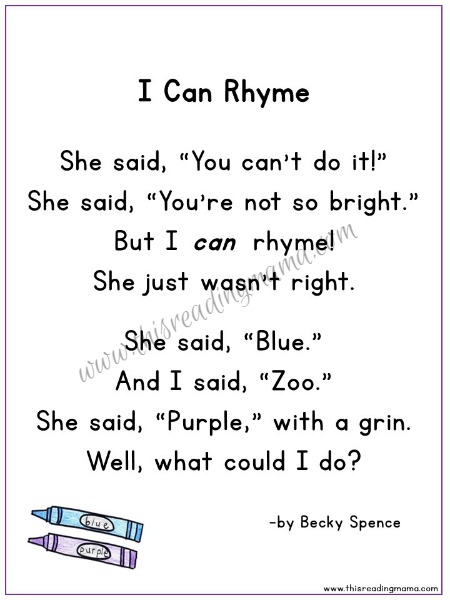 For example, let's search for the word "here":
For example, let's search for the word "here":
wget https://HOST/rifma/here
But I only need a list of words, how do I get rid of everything else? We look and see that the list of words is designed, no matter how strange it may be, as a list, and the words are in the
tags. Well, we have a wonderful utility 9$/d" 1> $wordFirst, from file word , select the lines that contain the
In order to remove words that rhyme with the last letters, select the last two letters from the original word and clean up the list:
squad=${word:((${#word}-2)):2} cat $word | sed -e "/.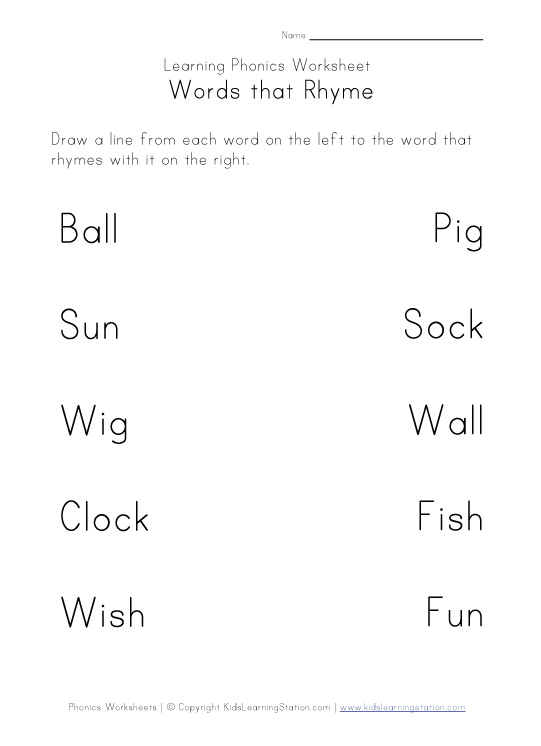 $squad$/d" 1> $word
$squad$/d" 1> $word We look, we try - everything works ... so, where is the list for the word "play"? And for the word "go"? The file is empty! And this is all because these words are verbs, and we know what they do with those who rhyme with verbs. Verbal rhyme is even worse than square rhyme, because there are the most verbs in the Russian language, and even all with the same endings, which is why they were not in the final file after checking the endings.
But we are not in a hurry. For each word there are not only rhymes, but also assonances, which sometimes sound much better than rhyme - that's why they are assonances (fr. assonance, from lat. assono - I sound in tune).
This is where the fun begins: assonances appear on a separate URL, but on the same page, by executing a script, sending an HTTP request and receiving a response. How do you say wget 'y press the button? But no way. Sadly.
Sadly.
Noticing that the URL in the line still somehow changes, I copied what was there after switching to assonances and pasted it into a new browser tab - strong rhymes opened. Not that.
In fact, I thought, it should not matter to the server whether the script that sends the request to it is running, or whether the person manually types it. So? And who knows, let's go check it out.
Where to send? What to send? HTTP request to the server IP, there is something like GET ... then there is something HTTP / 1.1 ... We need to see what and where the browser sends. Install wireshark , see traffic:
0040 37 5d a3 84 27 e7 fb 13 6d 93 ed cd 56 04 9d 82 7]£.'çû.m.íÍV...
0050 32 7c fb 67 46 71 dd 36 4d 42 3d f3 62 1b e0 ad 2|ûgFqÝ6MB=ób.à.
0060 ef 87 be 05 6a f9 e1 01 41 fc 25 5b c0 77 d3 94 ï.¾.jùá.Aü%[ÀwÓ.
Um… what? Oh yes, we have HTTPS. What to do? Arrange a MITM attack on yourself? Ideally, the victim herself will help us.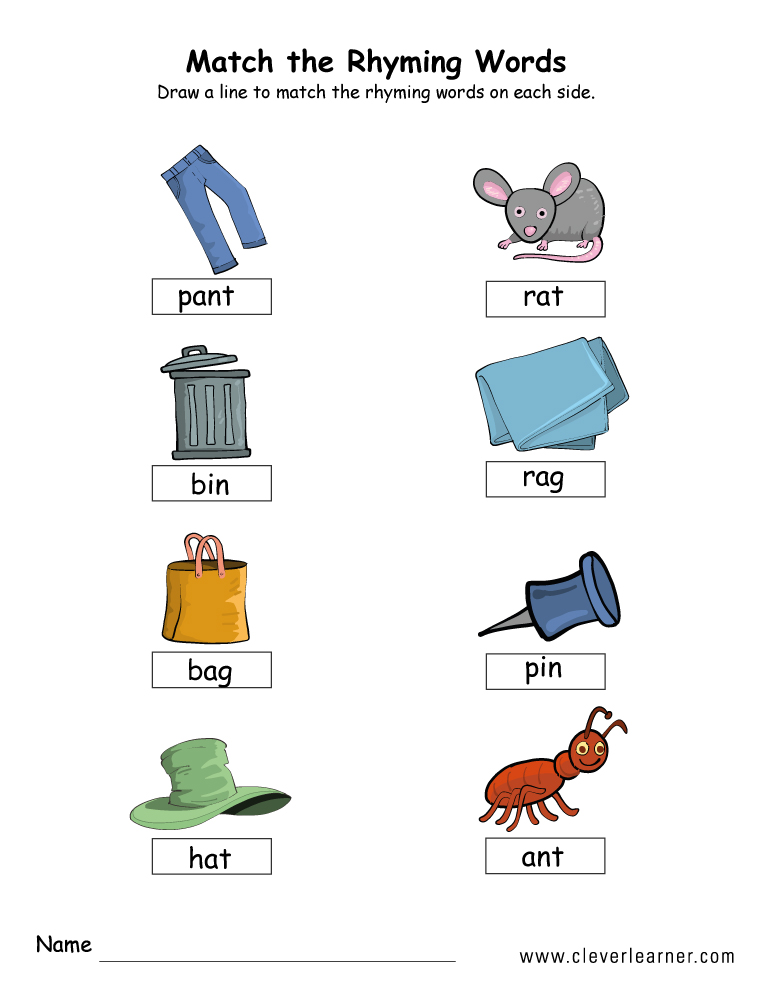
In general, having guessed to climb on the browser, I did find the request itself, and the addressee. Let's go: 9]'. GET /rifma/%D0%BC%D0%B0%D1%82%D1%8C?mode=block&type=asn HTTP/1.1 Host: HOST Accept-Language: en-US,en;q=0.5 X-Requested-With: XMLHttpRequest Connection: close HTTP/1.1 400 Bad Request Server: nginx/1.8.0 Date: Sun, 03 Nov 2019 20:06:59 GMT Content-Type: text/html; charset=utf-8 Content Length: 270 Connection: close
Huh. Hee hee. Indeed what I expected by sending a bare HTTP request to an HTTPS port. Is it encrypted now? All this fuss with RSA keys, then with SHA256. And why, there is OpenSSL for such cases. Well, we already know what to do, just remove the Referer and Cookie fields first - I think they will not greatly affect the case:
Terminal dialog
openssl s_client -connect IP:PORT {All sorts of keys, certificates} GET /rifma/%D0%B7%D0%B4%D0%B5%D1%81%D1%8C?mode=block&type=asn HTTP/1.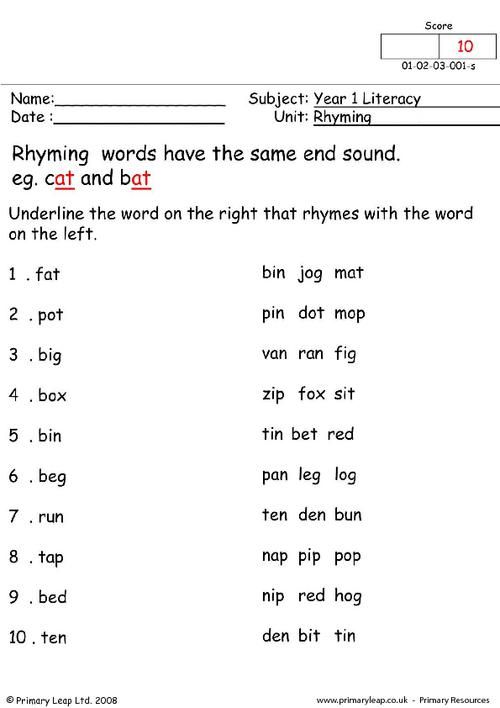 1 Host: HOST User-Agent: Mozilla/5.0 (X11; Ubuntu; Linux x86_64; rv:70.0) Gecko/20100101 Firefox/70.0 Accept: text/javascript,text/html,application/xml,text/xml,*/* Accept-Language: ru-RU,ru;q=0.8,en-US;q=0.5,en;q=0.3 Accept-Encoding: gzip, deflate, br X-Requested-With: XMLHttpRequest Connection: keep-alive HTTP/1.1 200 OK Content-Type: text/html;charset=utf-8 Transfer-Encoding: chunked Connection: keep-alive Vary: Accept-Encoding Status: 200 OK Date: Sun, 03 Nov 201920:34:33 GMT Set-Cookie: COOKIES X-Powered-By: Phusion Passenger 5.0.16 Server: nginx/1.8.0 + Phusion Passenger 5.0.16 Expires: Thu, 01 Jan 1970 00:00:01 GMT Cache-Control: no-cache Strict-Transport-Security: max-age=31536000 Content-Security-Policy: block-all-mixed-content Content-Encoding: gzip
1 Host: HOST User-Agent: Mozilla/5.0 (X11; Ubuntu; Linux x86_64; rv:70.0) Gecko/20100101 Firefox/70.0 Accept: text/javascript,text/html,application/xml,text/xml,*/* Accept-Language: ru-RU,ru;q=0.8,en-US;q=0.5,en;q=0.3 Accept-Encoding: gzip, deflate, br X-Requested-With: XMLHttpRequest Connection: keep-alive HTTP/1.1 200 OK Content-Type: text/html;charset=utf-8 Transfer-Encoding: chunked Connection: keep-alive Vary: Accept-Encoding Status: 200 OK Date: Sun, 03 Nov 201920:34:33 GMT Set-Cookie: COOKIES X-Powered-By: Phusion Passenger 5.0.16 Server: nginx/1.8.0 + Phusion Passenger 5.0.16 Expires: Thu, 01 Jan 1970 00:00:01 GMT Cache-Control: no-cache Strict-Transport-Security: max-age=31536000 Content-Security-Policy: block-all-mixed-content Content-Encoding: gzip What is this, mate on the server? Well, at least they answered me with 200 OK, so the cookies and the referrer do not affect anything. Gzip compression, but ASCII characters are copied when copying.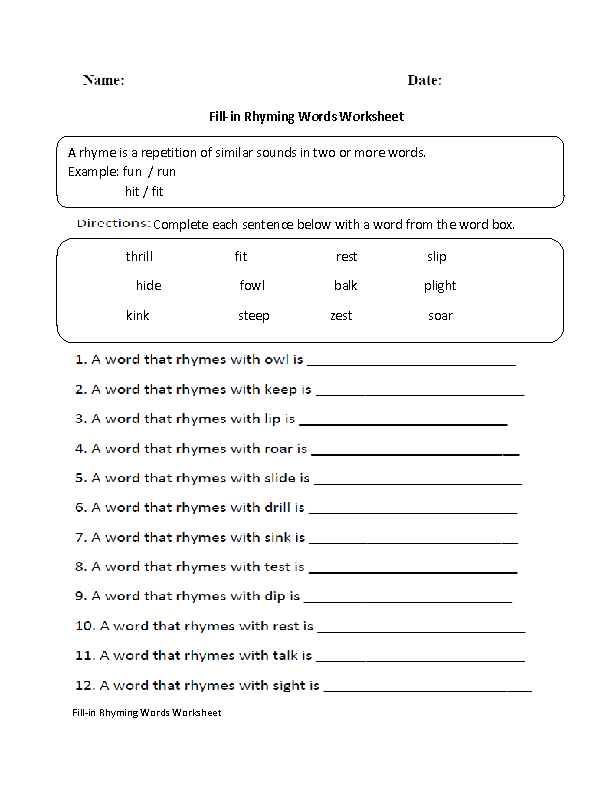 Exactly, you can remove line Accept-encoding . Everything is fine - we get an HTML document, now with assonances. But here are two questions: how to run OpenSSL and pass data to it with a script? And how to read the output if, after receiving the response, we remain, as it were, in the “shell” of OpenSSL? If you can think of something with the second one, but with the first one... Even more attractive is the presence of a team of autoexpect , which generates a expect script based on your actions. Well, we start, we do all this and here is the finished script. Only it is very huge, and all because OpenSSL displays certificates, keys, and expect expects the output of all this. Do we need it? No. We tear down the entire first prompt, leaving only the last line break '\r'. We also remove the User-Agent and Accept fields from our request - they do not affect anything. Yes, let's start. The script was executed, but where is the coveted HTML document? Expect ate it.
Exactly, you can remove line Accept-encoding . Everything is fine - we get an HTML document, now with assonances. But here are two questions: how to run OpenSSL and pass data to it with a script? And how to read the output if, after receiving the response, we remain, as it were, in the “shell” of OpenSSL? If you can think of something with the second one, but with the first one... Even more attractive is the presence of a team of autoexpect , which generates a expect script based on your actions. Well, we start, we do all this and here is the finished script. Only it is very huge, and all because OpenSSL displays certificates, keys, and expect expects the output of all this. Do we need it? No. We tear down the entire first prompt, leaving only the last line break '\r'. We also remove the User-Agent and Accept fields from our request - they do not affect anything. Yes, let's start. The script was executed, but where is the coveted HTML document? Expect ate it.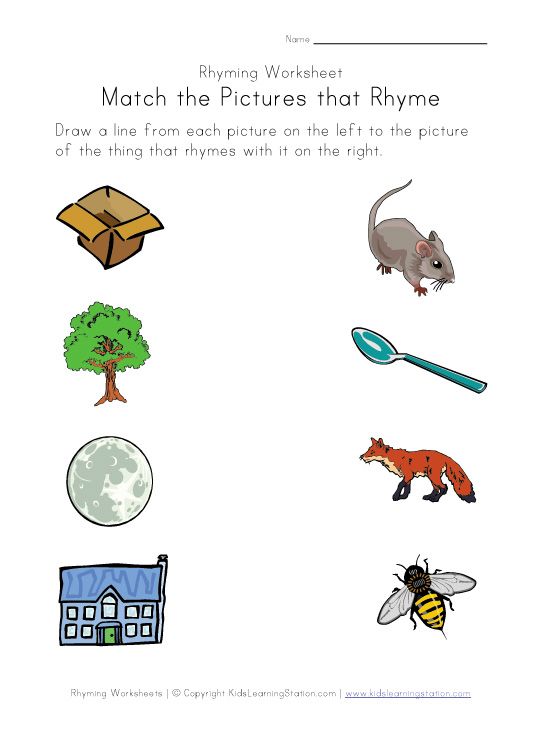 To make it spit out, put:
To make it spit out, put:
set results $expect_out(buffer)
before the end of the script - this is how the output of the executable expect 'th command will be recorded and displayed on the screen. As a result, something like this:
expect'a script
#!/usr/bin/expect -f set timeout -1 spawn openssl s_client -connect IP:PORT match_max 100000 expect-exact" ---\r " send -- "GET /rifma/%d0%b7%d0%b4%d0%b5%d1%81%d1%8c?mode=block&type=asn HTTP/1.1\rHost: HOST\rAccept-Language: en-US, en;q=0.5\rX-Requested-With: XMLHttpRequest\rConnection: close" expect -exact "GET /rifma/%d0%b7%d0%b4%d0%b5%d1%81%d1%8c?mode=block&type=asn HTTP/1.1\r Host: HOST\r Accept-Language: en-US,en;q=0.5\r X-Requested-With: XMLHttpRequest\r Connection: close" send -- "\r" set results $expect_out(buffer) expect-exact "\r " send -- "\r" expect eof
But that's not all! As you can see, in all examples the request URL was static, but it is he who is responsible for which word the assonances will be displayed to. And so it turns out that we will constantly search for the word "%d0%b7%d0%b4%d0%b5%d1%81%d1%8c" in ASCII or "here" in UTF-8. What to do? Of course, it's easy to generate a new script every time, friends! Only not autoexpect 'om, but with the help of echo , because nothing changes in our new one, except for the word. And long live a new problem: how can we intelligently translate a word from Cyrillic into a URL format? Something and for the terminal there is nothing special. It's okay, can we? We can:
And so it turns out that we will constantly search for the word "%d0%b7%d0%b4%d0%b5%d1%81%d1%8c" in ASCII or "here" in UTF-8. What to do? Of course, it's easy to generate a new script every time, friends! Only not autoexpect 'om, but with the help of echo , because nothing changes in our new one, except for the word. And long live a new problem: how can we intelligently translate a word from Cyrillic into a URL format? Something and for the terminal there is nothing special. It's okay, can we? We can:
Look what I can!
function furl { furl=$(echo "$word" | sed 's:A:%d0%90:g;s:B:%d0%91:g;s:C:%d0%92:g;s:D:% d0%93:g;s:D:%d0%94:g;s:E:%d0%95:g;s:F:%d0%96:g;s:W:%d0%97:g; s:I:%d0%98:g;s:D:%d0%99:g;s:R:%d0%9a:g;s:L:%d0%9b:g;s:M:%d0 %9c:g;s:N:%d0%9d:g;s:O:%d0%9e:g;s:P:%d0%9f:g;s:R:%d0%a0:g;s :S:%d0%a1:g;s:T:%d0%a2:g;s:U:%d0%a3:g;s:F:%d0%a4:g;s:X:%d0% a5:g;s:C:%d0%a6:g;s:H:%d0%a7:g;s:W:%d0%a8:g;s:W:%d0%a9:g;s: b:%d0%aa:g;s:s:%d0%ab:g;s:b:%d0%ac:g;s:e:%d0%ad:g;s:y:%d0%ae :g;s:I:%d0%af:g;s:a:%d0%b0:g;s:b:%d0%b1:g;s:c:%d0%b2:g;s:d :%d0%b3:g;s:d:%d0%b4:g;s:e:%d0%b5:g;s:w:%d0%b6:g;s:w:%d0%b7: g;s:i:%d0%b8:g;s:d:%d0%b9:g;s:k:%d0%ba:g;s:l:%d0%bb:g;s:m:%d0%bc:g;s:n:%d0%bd:g;s:o :%d0%be:g;s:p:%d0%bf:g;s:p:%d1%80:g;s:s:%d1%81:g;s:t:%d1%82: g;s:y:%d1%83:g;s:f:%d1%84:g;s:x:%d1%85:g;s:c:%d1%86:g;s:h: %d1%87:g;s:w:%d1%88:g;s:w:%d1%89:g;s:ъ:%d1%8a:g;s:s:%d1%8b:g ;s:b:%d1%8c:g;s:e:%d1%8d:g;s:yu:%d1%8e:g;s:i:%d1%8f:g;s:ё:% d1%91:g;s:Ё:%d0%81:g')} In total, we have a script that converts a word into ASCII text, which generates another script that requests a site page with assonances via OpenSSL from the server.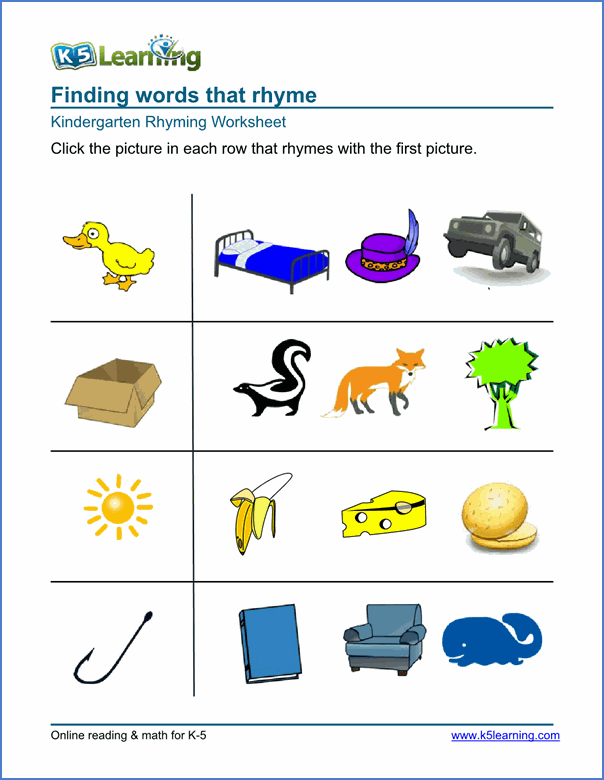 And then we redirect the output of the last script to a file and, in the old fashioned way, pass it through the "filters" of the excess, squares, and write it to the file.
And then we redirect the output of the last script to a file and, in the old fashioned way, pass it through the "filters" of the excess, squares, and write it to the file.
Actually this is what causes the least problems. We perform the above procedures for two words, then from two lists we compare each word with each and if a match is found, we display it. Now we have a script that takes two words as input and displays a list of words that rhyme with both of them, and even taking into account assonances, and all this without manually switching between four tabs and memorizing the words "by eye" - that's all collected, accounted for and discarded automatically. Wonderful.
The purpose of this publication was to show that if a person needs something, he will do it anyway. Very inefficient, crooked, creepy, but it will work.
Sergeeva T.V.
Chain rhyme
GOALS
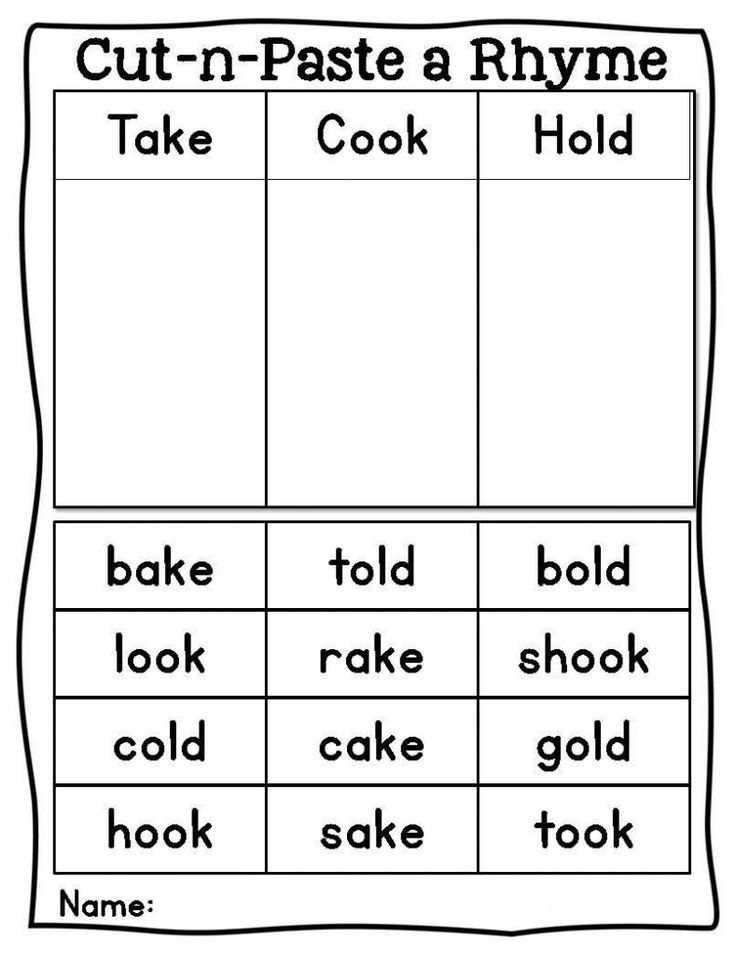
Teacher
Guys, let's play soon.
We will choose different words!
Say any words, okay?
But only such that it turns out ...
(smoothly).
What words similar in sound can be matched to the word bird?
Children. Titmouse, small, singer.
Teacher. Speaking of bunny?
Children. Know-it-all, dunno, runaway, jumper, runaway.
Teacher. Speaking of cat?
Children. Spoon, bowl, basket, accordion, midge, potato, window, leg, earring, matryoshka.
Teacher. Speaking of mouse?
Children. A bump, a puff, a puff.
Teacher. Speaking of cancer?
Children. Poppy, tank, varnish, like.
Option
The teacher throws the ball and pronounces a word, the one who catches the ball answers with a word consonant with the name.
Stove - sheep, river.
Bird - titmouse.
Magpie - white-sided.
Bunny - runaway.
Find a pair
GOALS
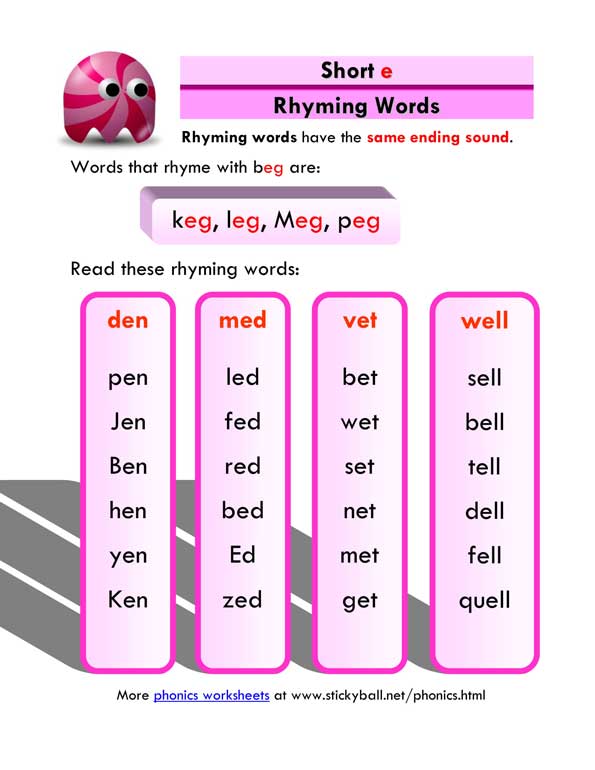
Teacher. Connect the words of the two columns so that you get a rhyme.
Edge Grass
Firewood Scallop
Herringbone Hut
Cockerel Needle
Belobok Chanterelle
Cornflower Hare
Magpie Sister
Titmouse Flower
Bird Coward
Option
Word-pictures can be suggested. Children find a picture that is similar in sound-rhythmic structure.
Game with pictures
GOALS
First you need to prepare cards with pictures from which you can make rhyming words, for example, a picture of a pipe, another picture of a sponge. All pictures are located on a large table or on a carpet on the floor. Children distribute them in rhymes. For example, near the picture of a river there is a picture of a stove, a donkey is a goat, a cat is a spoon, a watering can is a snake, etc.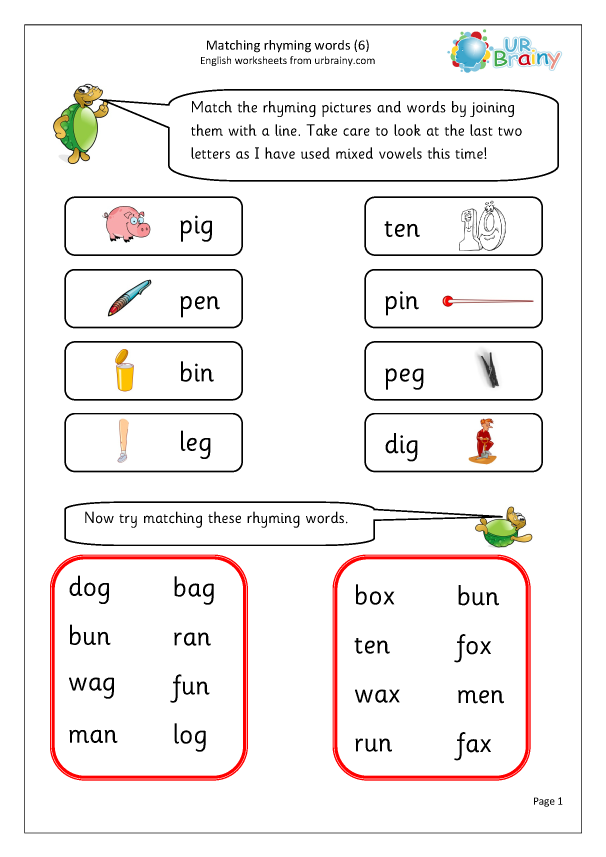
Options
1. One child takes a picture, the other finds a picture with a rhyming word. Both say their words out loud. The group repeats.
2. Place pictures face down. Open one picture and say the corresponding word out loud. Whoever can name the rhyming word gets a picture and can open the next one.
3. One picture is opened. All children draw an object called a rhyming word. Here the solution is represented by a figure.
Say a word
GOALS
Teacher. You already know how to pick up rhyming words. Today we will try to make suggestions.
Where were you, squirrel, walking?
Children
I collected nuts.
Teacher
The squirrel jumped fast,
Children
Lost all the nuts.
Teacher
Whom did you find, hedgehog?
Children
I brought a squirrel to you.
Teacher
Yesterday we played in the forest,
Children
We saw a huge mushroom.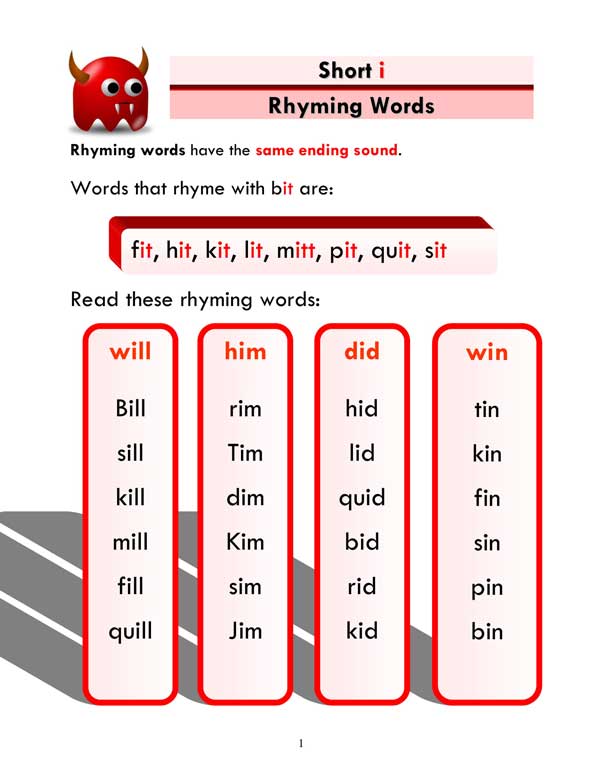
Teacher
A fungus stood aside,
Children
The hedgehog couldn't find it.
Teacher
Like a little hedgehog
Children
Shoes have become torn.
Teacher
And our squirrel has
Children
Clean plates.
We are poets
OBJECTIVES
Teacher
The teacher says to Paraska:
“What fairy tales have you read?”
Paraska thinks, "Oh,
I haven't read any!"
And behind someone whispers:
"Turnip!"
Paraska yelled: "Cap!"
Today we will also come up with funny poems. What or who do you want to write about?
Children answer.
Let's talk about the cat, let's support Serezha. I will write down what you tell me, and then I will read out what we have done.
Children come up with unexpected situations with a cat by rhyming words.
Children. The cat sat on the window. The cat saw a midge.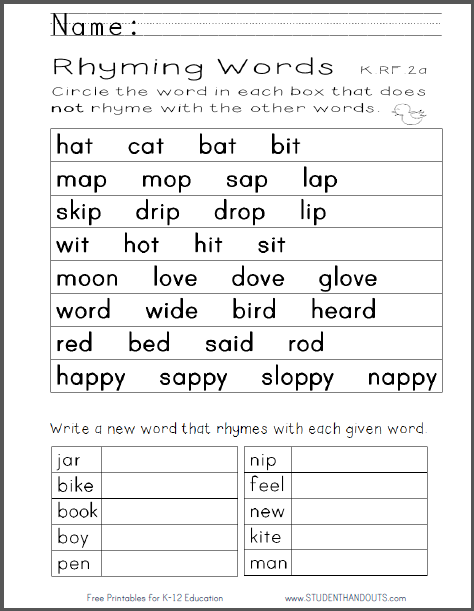 The cat took a basket and went for potatoes. The cat sat on the window and dangled its legs. The cat put all the spoons in a basket.
The cat took a basket and went for potatoes. The cat sat on the window and dangled its legs. The cat put all the spoons in a basket.
Tip. The most important thing is not to leave the words of children without attention. And for each word come up with a rhyme.
Stories to rhyme
OBJECTIVES
• Teach children to write simple rhymes.
• Learn to distinguish between the sound and semantic aspects of speech.
Teacher. Do you already know what rhyme is in poetry?
For example, a rhyme for the word flower can be a leaf, and for the word porridge - curdled milk. Bear cub Misha wants to teach you how to do it. They drew funny pictures with Druzhok and came up with inscriptions in verse for them. And the last word in the second line of each rhyme was not completed. Find the right rhyme yourself. It's not difficult at all.
A friend behind the fence and looks timidly,
How cleverly a friend wields ... (with chalk).
Druzhka is disturbed by one thought
Will they see . .. (elephant).
.. (elephant).
When Mishka gets tired of playing
Let him stand at the gate ...
(mouse).
They searched and searched all morning until
Found a new bowl...
(Druzhka).
Help Dunno to compose poetry
OBJECTIVES
• To teach children to distinguish between sound and semantic sides of speech.
The teacher brings N. Nosov's book "Adventure Dunno".
Teacher. Guys, did you recognize this book? Today I will tell you how Dunno wrote poetry.
... After Dunno did not turn into an artist, he decided to become a poet and compose poetry ... Dunno came to the poet Tsvetik and said:
- Listen, Tsvetik, teach me to compose poetry. I also want to be a poet.
- Do you know what a rhyme is?
- Rhyme? No, I do not know.
- Rhyme is when two words end in the same way, - explained Tsvetik. - For example: a duck is a joke, a shortbread is a walrus. Understood?
- Understood.
- Well, say a rhyme for the word "stick".
- Herring, Dunno answered.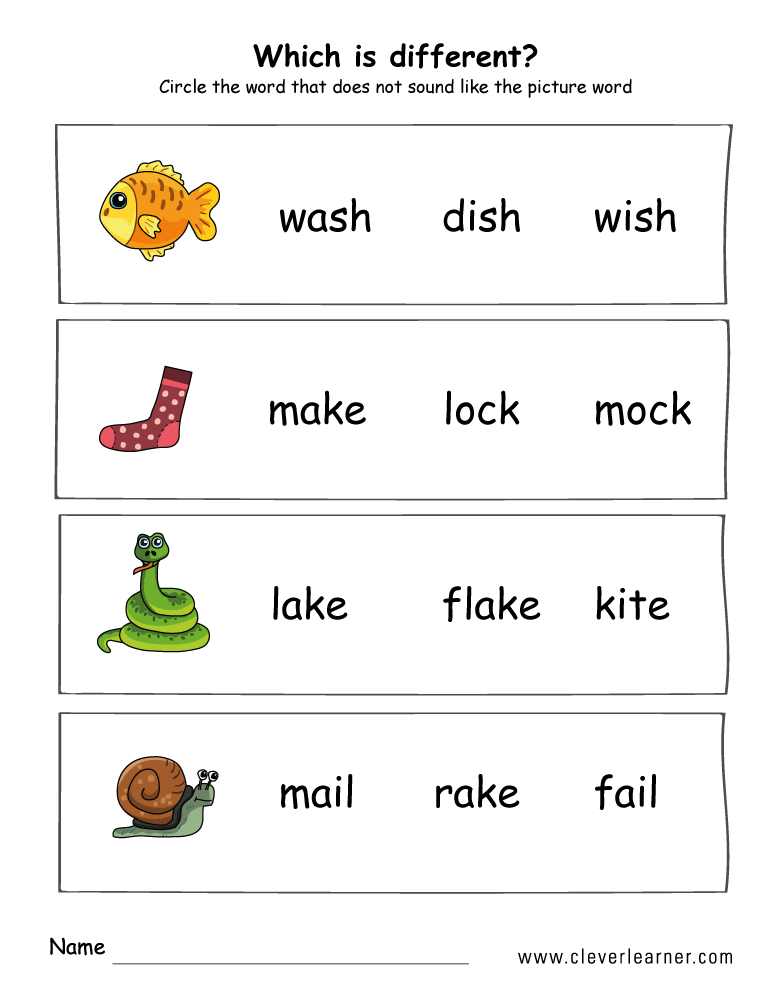
Guys, help Dunno.
Game in progress.
All day long Dunno wrote poetry and finally came up with:
Znayka went for a walk to the river,
Jumped over a sheep.
Hurry was hungry -
Swallowed a cold iron.
Under Avoska's pillow
There is a sweet cheesecake.
Find rhymes
OBJECTIVES
Teacher. Today I will read B. Shergin's story "Rhymes" to you, and your task is to hear rhyming words. Do you agree?
Shish went to the city on his business. It was summer, it was hot.
An uncle rides ahead on a horse. Shish and asked him to give a lift. He sat down next to his uncle. But Shish cannot sit silently. He is only silent when he sleeps. He says:
- Uncle, let's play rhymes.
- What is it - rhymes?
- And let's say it so that it is smooth.
- Come on.
- Here, uncle, what was your father's name?
- My dad's name was Kuzma.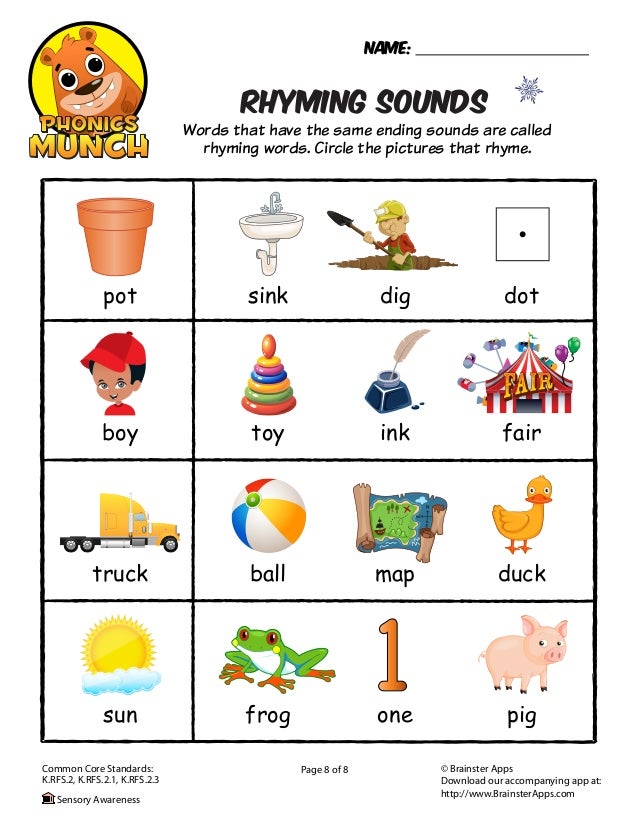
Shish says:
I'll take your Kuzma
by the beard!
- Why are you going to take my dad by the beard?
Shish says:
- This, uncle, is for rhyme. Tell me what your grandfather's name was.
- My grandfather's name was Ivan.
Shish says:
Your grandfather Ivan
Put the cat in his pocket.
The cat is crying and sobbing,
Your grandfather is scolding.
The uncle got excited:
- Why would my grandfather put a cat in his pocket? Why are you picking up such rubbish?
- This is an uncle, for rhyme.
- I'll tell you a rhyme, what's your name?
- My name is… Fedya.
Uncle says:
If you are Fedya,
Then catch a bear in the forest.
Ride a bear,
Get off my horse!
- Uncle, I was joking. My name is not Fedya, but Stepan.
The uncle says:
If you are Stepan,
Get on the aeroplane,
On the aeroplane and fly,
Get off my horse!
- Uncle, I was joking. My name is not Stepan, but… Silantiy.